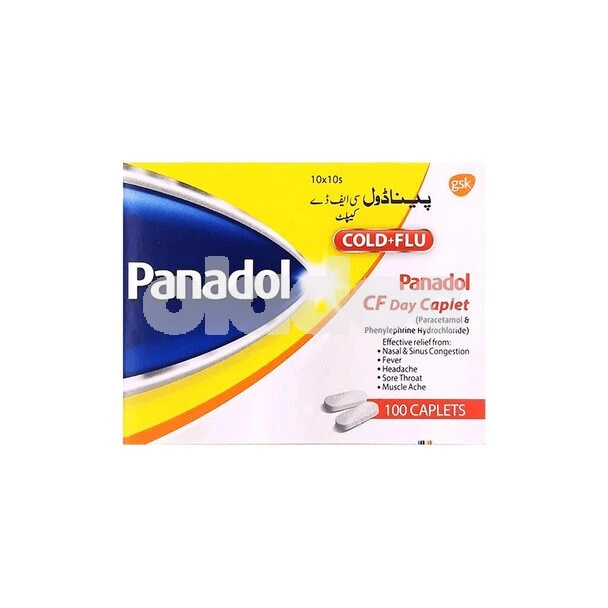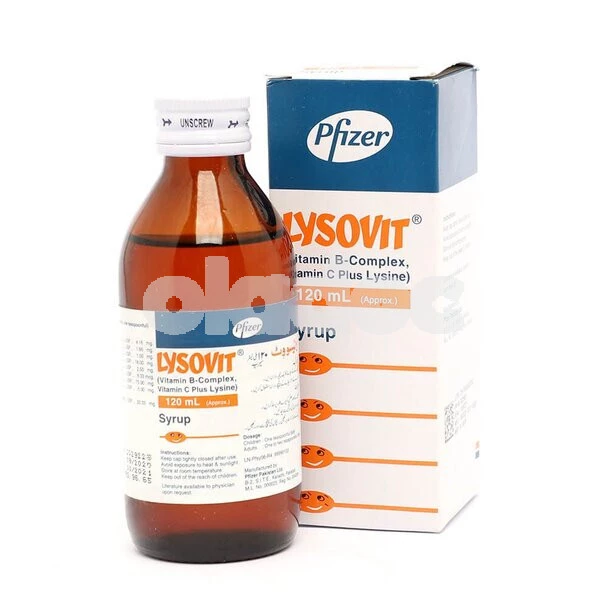Dental caries or cavities are one of the most common childhood health issues. Acid produced by certain types of bacteria in the mouth erodes tooth enamel, causing decay when it occurs.
Cavities are a serious problem for your child’s oral health, so understanding how they develop and ways to prevent them are important for you to know.
This article explores some of the causes of caries in children, and provides some practical tips on what you can do to manage and prevent them.
Table of Contents
What Causes Dental Caries in Children?
Children can get cavities for many different reasons; improper oral hygiene practices, increased sugar consumption, and not visiting the dentist on a regular basis are some of the main culprits. Before we begin to decipher the factors leading to cavities let’s first understand what they are.
There are over 6 billion bacteria in the human mouth. Some of them are harmful and can cause tooth decay. Bacteria present on children’s teeth feed on the sugar content in the sugary foods and beverages, producing acids that erode the enamel leading to cavities.
Several factors can increase the risk of dental caries in children including:
- Dietary Choices: If you often eat sugary snacks or sweet drinks then this increases your risk of cavities. New sticky candies and sugary beverages are especially bad.
- Oral Hygiene Practices: If you don’t brush and floss consistently you will have food particles and plaque on your teeth that will lead to decay.
- Fluoride Exposure: Fluoride makes tooth enamel stronger and more able to resist decay. Cavities are more common in people who lack fluoride.
- Dry Mouth: If conditions cause reduced saliva flow, it can increase your risk of cavities because saliva helps to neutralize acids and loosen food particles.
What Are The Symptoms of Dental Caries in Children?
Effective treatment of cavities requires early detection. Common signs and symptoms of cavities in children include:
- Sensitivity of the teeth to hot, cold or sweet foods
- Holes or pits in the teeth that can be seen.
- Toothache or persistent pain
- Dark spots or discoloration on the tooth’s surface
- Gums that are swollen or red
Additionally, if you see any of these signs, you should consult a dentist promptly.
Effective Management Strategies For Dental Caries
Cavities in children can be managed by practicing good oral hygiene, choosing foods wisely and visiting the dentist regularly. Here are some effective strategies:
- Establish a Regular Brushing Routine: Get your child to brush their teeth with a fluoride toothpaste such as Pronamel at least twice a day. Young children should be supervised to make sure they use the correct techniques and brush for at least two minutes. A brushing routine can go a long way to fostering healthy oral hygiene habits that children can adopt and carry into their adolescence and adulthood.
- Floss Daily: Flossing can help remove food particles and plaque gathered in the areas where a toothbrush can’t reach—between your teeth. It’s best to begin flossing your child daily at the time they still have two teeth that touch.
- Limit Sugary Snacks and Drinks: Cut back on sugary food and drink, particularly between meals. Fruits, vegetables and dairy products should be your healthy snacks.
- Drink More Water: And water helps to rinse away food particles and acids. You should tell your child to drink water throughout the day, especially after eating.
- Visit the Dentist Regularly: Dental checkups are scheduled by you every six months to a professional cleaning and checkup. Early signs of cavities can be identified by your dentist and they can provide preventive treatments, like fluoride varnishes and dental sealants.
- Use Fluoride Treatments: If your child is at high risk for cavities (because of poor oral hygiene, diet, etc.) talk to your dentist about fluoride treatments or daily fluoride supplements. Fluoride makes teeth stronger and helps prevent decay.
- Dental Sealants: The dental sealants are thin plastic coatings that are placed on the chewing surfaces of your back teeth. They form a natural protective barrier against cavities, in particular children who might find it difficult to brush properly.
- Teach Healthy Oral Hygiene Habits: Teach your kids good oral hygiene habits at an early age. Teach your child about how to treat their teeth and eat healthy.
Conclusion
Children have a high risk of dental caries, but they can be managed with the right knowledge, as well as preventive measures.
Parents can protect children’s teeth from decay by starting good oral hygiene practices, making healthier dietary choices, and getting regular dental checkups.
Investing time in these strategies can ensure your child’s oral health, and overall well being and confidence.






